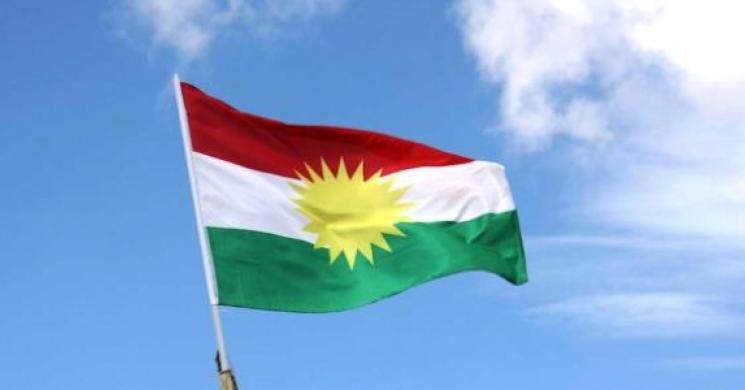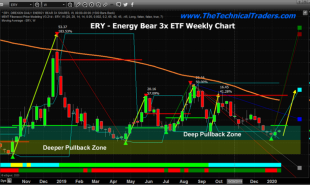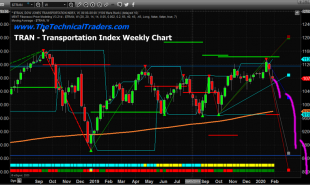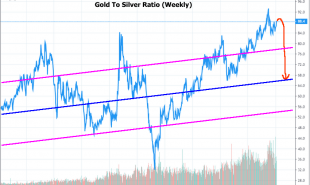
As the date of the Kurdish independence referendum approaches, oil industry moguls should be concerned about an oil production war between Iran and headless Iraq.
The Kurds are expected to vote on their political status in late September. A vote in the affirmative would mean that Iraq would lose a chunk of its northern areas, which includes the crucial Kirkuk oilfield and its surrounding reserves.
The latest news from the election committee shows that the Kurdistan Regional Government (KRG) is doing the most it can to increase international participation in the election. On Monday, authorities announced that they had removed a key requirement for diaspora voters participating in the elections. Kurds participating in the e-voting platform will no longer be required to present a ration card to be able to cast their vote through September 25th. Iraqis who have been living abroad for several years, even decades, no longer hold a valid version of the United Nations-conferred identification. The new provision just requires that voters prove their current Iraqi citizenship via relevant documentation.
In roughly one week, the election authority will count votes and announce the political and territorial future of Iraq. It has been a rocky 100 years for the country since the 1916 Sykes-Picot agreement divided Asia Minor on an imperialist paradigm, without regard for cultural variations within the territory.
Believe it or not, soon after Sykes-Picot, Iraq became a kingdom ruled under a Hashemite monarch related to the current king of Jordan. In 1958, the Iraqi army overthrew the monarchy in a development known as the July 14 Revolution, which brought the rebel leader Abd al-Karim Qasim to power and pulled Iraq closer to the Soviet Union.
Decades of Ba’athist leadership later, the U.S. government toppled Saddam Hussein’s regime in Baghdad, based on a diplomatic campaign that insisted the Iraqi military had been hiding weapons of mass destruction. Since then, reconstruction has been the name of the game in Iraq, but the past few years of conflict with the deadly Islamic State has made it difficult for Baghdad to focus on creating a prosperous future for its citizens.
In the meantime, the failure of the Iraqi Army to effectively guard the northern territories from the ISIS threat formed a stronger Kurdish Peshmerga army, proud of its heritage and happily willing to sacrifice blood, sweat, and tears for the land they call their own. With Kirkuk firmly in the grips of the KRG, and with ISIS at bay, the Kurds are swinging for their full sovereignty on domestic and foreign issues.
Iraqi Prime Minister Haider al-Abadi considers the vote unconstitutional and illegitimate – and it very well may be. The fact that voting requirements are changing this late in the game would make any election observer at least raise an eyebrow.
Official figures say Kirkuk represents 10 percent of Iraq’s total production capacity, which means Baghdad may soon lose its position as the second largest OPEC producer to Iran, should Kurdistan separate. New extraction projects across the country will gradually raise Iraq’s output profile, but similar efforts are underway in Iran as well. Analysts fear that an oil output war may ensue between Iraq and Kurdistan post-separation, but the larger petroleum conflict may arise between Iran and Iraq—two countries with similar levels of output fighting—to rebuild their oil industry after years of international ostracism and domestic warfare, respectively.
Related: Oil Price Volatility Is Set To Return
To be fair, it is not clear whether the KRG would inherit Iraq’s OPEC membership if it becomes its own entity. De facto OPEC leader Saudi Arabia and its allies strongly disapprove of any move towards an independent Kurdistan, so it is unlikely that a membership invite will be forthcoming. The United States and the United Kingdom are also pushing for Iraq to keep its territorial integrity in order to focus on the country’s economic growth. Without the support of key Arab and non-Arab allies, it will be hard for the Kurds to make use of any political capital in international circles.
An outline of the challenges related to a separate Kurdistan does not mean the division should not happen at all or even that it should not happen now. There will always be reasons to delay the independence vote. It is a question of oil profits after all. Now or later, this referendum will never be allowed to take place without objection.
Read more by MarketSlant Editor







